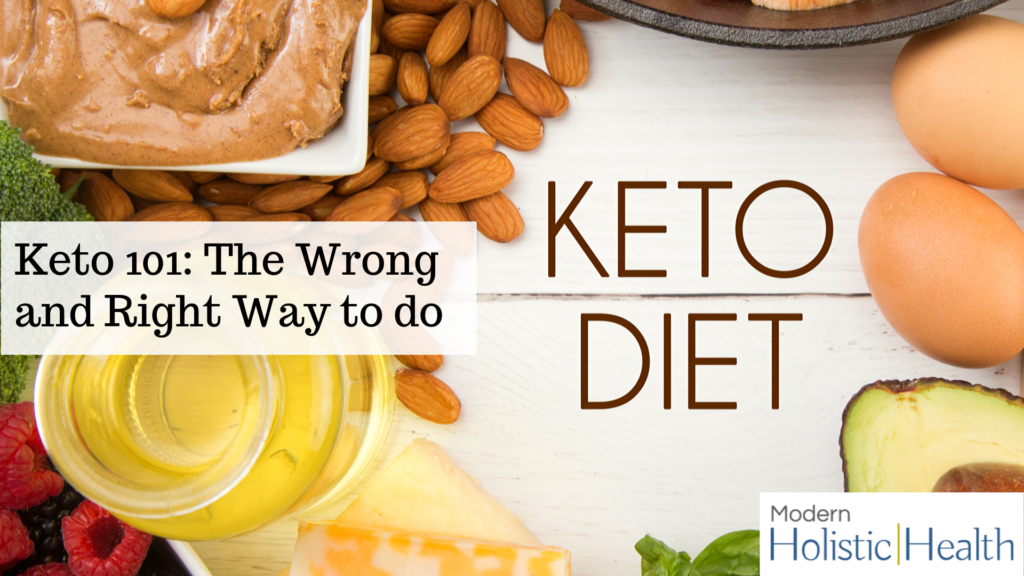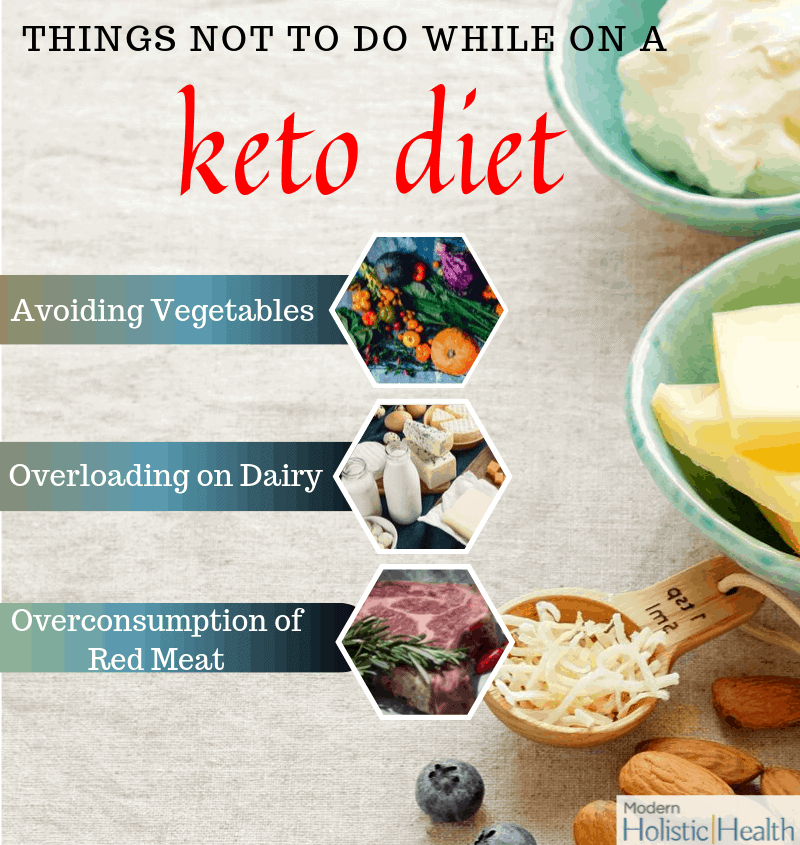
Keto diet is a trendy diet doing the rounds today. It is nothing new and has been around since as far back as the 1920s. After an interval of dormancy, it has finally made a comeback and has a lot of people excited about the benefits of a Keto diet, especially for weight loss.
In this article, we will talk about some of the right and wrong ways of doing the keto diet. There are some critical mistakes that people make when venturing into the Keto world. Our goal is to guide you so you don’t make the most common mistakes.
Keto Diet – History
As we mentioned before, Keto is not a new concept. It has been around since the 1920s. It was first used in a medical setting to help children with epilepsy. It was used to help children deal with seizures and other epilepsy-associated conditions.
Today it is being used to cure other medical conditions as well. Keto is often being used to reverse the symptoms of type 2 diabetes. Hence, there are a lot of diabetic or prediabetes people who are enthused and intrigued by the Keto diet.

Our body is used to consuming glucose as fuel. We get glucose from carbohydrates. When we eat food loaded with carbs, our body breaks them down into glucose, which is later used as fuel by our body.
In the Keto diet, we limit carb intake. This forces the body and the liver to turn fat into fuel for your body. So instead of using carbs and glucose, you are using fat as fuel. You’ll find people on the keto diet consuming vast amounts of fat.
How to Get Started-
The most important aspect of the diet to learn before starting on the Keto diet is to keep track of your food every day. You will want to monitor what you are eating; you have to read labels and make it a practice to learn how many fats, carbs, and protein are in the food you are consuming.
The first thing to do on a keto diet is to get rid of everything that has carbs from your diet. Some people will eat up to 50 grams of carbs per day, and some will consume as little as 20 grams of carbs per day. It can be tough to stick to only 20 grams of carbs a day. An average American will have over 200 – 300 carbs per day. It is only through careful tracking that your body will be able to achieve ketosis.
The second thing you will want to do is count your macros every day. You can accomplish this with the assistance of some easily available apps that will help you calculate your macros all day, every day. You can log all of your food on your cell phone macros app (which ever one you prefer to use) every day, thus keeping track of your macros and ratios for you. Some of the apps we like to use include the CarbManager app, or the MyFitnessPal app.
It is also vital to note that if you are taking medication, whether they are diabetes medications or heart disease medications, it is crucial to get your doctor’s advice before you go on the keto diet. It is common for people on this routine to see drastic changes in their health when they are on the keto diet. Many who are on heart, blood pressure, or diabetes type of medications find that they have to lower their medications once they are making progress on their keto diets and their doctors can help guide them on how to lower their medications.
Things not to do while on a Keto Diet-
Now that we have looked at how to get started with the keto diet let’s look at some of the common missteps taken by people who are endevouring to explore the keto diet.
Some people will count their carbs, and be satisfied with their actions on a keto diet. That can be dangerous because simply counting carbs and not paying attention to anything else in your diet can have long term consequences. Such negative activities have to be avoided for the keto diet to remain healthy for you.
1. Red Meat
The first thing to avoid is doing nothing but eating red meat. Animal protein has the fats but no carbs, thus many people stuff their diet with a copious amount of red meat. That’s not normally a bad thing as it does provide your body with the protein needed. However, red meat should not be consumed every day as your only source of nutrition.
There have been studies that have shown the adverse effects of eating a lot of red meat. It is recommended to have a variety of protein in your diet, apart from red meat. If you are going to eat meat, better options are to choose grass-fed beef, or nitrate and sugar-free bacon. Include some fish in your diet, as well and don’t forget about organic chicken, bison, and lamb.
2. Avoiding Vegetables
Another thing that people do wrong is that they end up eliminating all vegetables from the diet. In keto, you are already removing a lot of fruit from your diet as they are very high in carbs. People tend to take this as a cue to not have any vegetables at all, thus sacrificing some much-needed nutrients.
Making sure you keep these nutrients that are found in vegetables in your diet and tracking them into your daily carb count, is important. Keeping greens in your diets like spinach and kale is very important.
3. Dairy
Keto can be a very dairy heavy diet. A lot of people go for too much dairy when on a diet. There are, however, people who are dairy intolerant and thus automatically don’t include dairy in their diet. But, there are still people who do way too much dairy while on keto, which can have many unpleasant side effects and negative implications for your health. Dairy can lead to inflammation issues in the body. Hence, keeping dairy at a low level is vital for a healthy keto diet.
4. Over-dependence on low carb foods
While on a keto diet, a lot of people only pick up food which has zero carbs or is very low on carbs. Doing this can eliminate a lot of healthy food from your diet. Hence, being open to a variety of food is essential in getting the body the vitamins, minerals, and nutrients they need.

Final Thoughts
While participating in a keto diet, make sure you are not overly dependent on keto products found in the market. This includes keto bars, keto shakes, keto powders, etc. Having too much of these products can be a real issue for many people.
There are a lot of distressing conditions associated with these products. They can suffer from digestion issues, constipation, etc. Try to include as much variety of natural organic food in your diet as you can.
Read the labels of your products and track the carbs you’re having. Make label reading a habit.
Do’s
Keep food rich in protein
Keep vegetable and low sugar fruits like blue berries in your diet
Use apps to track your macros and nutritional ratio
Consult a doctor if on medication
Don’ts
Avoid over consumption of red meat
Avoid overloading on dairy
Avoid over-dependence on low carb packaged/processed foods
Stay away from commercial keto products.

-
Modern Holistic Health
3267 Bee Cave Rd, Ste. 107-187 Austin, TX 78746 - 512.550.7933 | (888) 260-3377
- [email protected]







